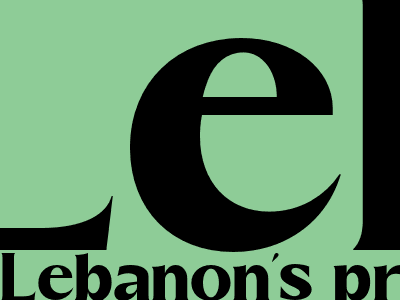
Lebanon's Prime Minister Asks Iran For Cease-Fire In Israel-Hezbollah War
Background On The Israel-Hezbollah War
The 2006 Lebanon War was a 34-day armed conflict in Lebanon, northern Israel and the Golan Heights. The conflict began on 12 July 2006, when Hezbollah militants crossed into Israel and attacked an Israeli military outpost near the border, killing three Israeli soldiers and capturing two others. Israel responded by launching airstrikes and a ground invasion of Lebanon.
The war lasted for 34 days, and ended with a United Nations-brokered ceasefire on 14 August 2006. During the conflict, over 1,000 Lebanese civilians were killed, as well as 162 Israeli soldiers and civilians.
Lebanon's Request For Iran's Help
On 14 August 2006, Lebanese Prime Minister Fouad Siniora asked Iran to help secure a ceasefire in the Israel-Hezbollah war. Siniora made the request during a phone call with Iranian President Mahmoud Ahmadinejad.
Ahmadinejad agreed to help, and said that he would send a delegation to Lebanon to discuss the ceasefire with Lebanese officials.
Iran's Role In The Ceasefire
Iran played a key role in securing the ceasefire in the Israel-Hezbollah war. Iranian officials met with Lebanese and Israeli officials to negotiate the terms of the ceasefire.
The ceasefire was finally agreed upon on 14 August 2006, and was implemented the following day.
The Aftermath Of The War
The 2006 Lebanon War had a significant impact on Lebanon. The war caused widespread destruction and displacement, and the country's economy was severely damaged.
In the years since the war, Lebanon has been working to rebuild and recover. The country has received significant international aid, and the economy has begun to recover.